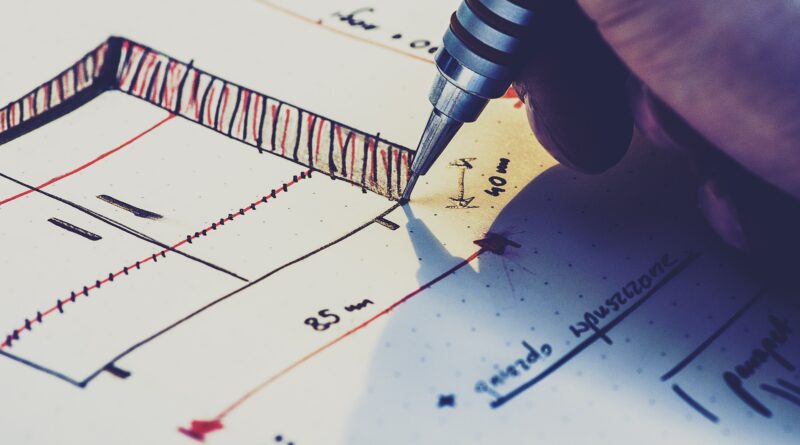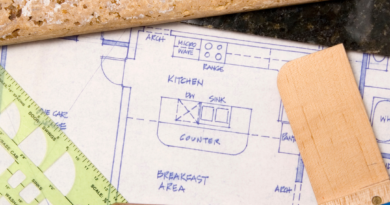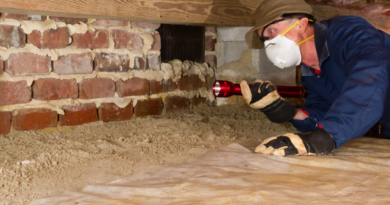Getting Your Plans Right For A Home Addition
There comes a stage where simply renovating and redesigning the space that you already have is going to offer diminishing returns. If you have a need for a lot of space, then you might decide that the property, as is, simply does not have enough for you. When that time comes, it might be time to look at the possibility of expanding outwards, instead. If you’re thinking about building an addition or an extension, there are some questions that you need to answer first. Here are a few worth thinking about.
Considering your options
There are a few different options to consider when you’re planning to add space to your home. An extension or addition is one, but it’s worth looking at the others. If you have a loft or a garage, then it could cost less to give those spaces the insulation, heating, and other setup they need to make them into a real home. Finishing a basement can be a lot more work, as shown at BHG, but is still an option, as well.
What will the space be for?
If you want to design the space as effectively as possible, then it’s a good idea to know what, exactly, you want to use it for in the first place. How you arrange the space for a home gym is likely to be very different from how you meet the needs of a home office, for instance, and a new bedroom might bring with it entirely new demands. Some rooms might need plumbing, some might not. Work with this objective always in mind.
Finding the right team
Unlike a renovation, you can’t really replace or re-do an extension if it doesn’t meet your needs. As such, it’s a good idea to make sure that you have chosen the right team. When you’re inspecting teams like BGI Construction Company, you should always start by making sure that they have the experience, licenses, and insurance necessary to do the work, to begin with. Take a look at their past work to gain confidence that they have practice in creating the kind of extension that you’re after, and don’t forget to ask for a quote when you get in touch. Your builders of choice should tick every single box before you accept them for the job.
Clearing the red tape
Depending on where you live and what type of property you’re in, you might need to obtain building permits before you’re able to start work. Some additions might not require a permit depending on where they are, such as if they are built in the backyard, rather than out front or on the side. Do your research, learn more about the permits that you might need, and ensure you have all the red tape dealt with before the building actually begins.
An addition or extension can add a lot of space, as well as a lot of value, to your home. But you have to ensure you do it right to avoid the costs skyrocketing, as well. The tips above can help you do that.


